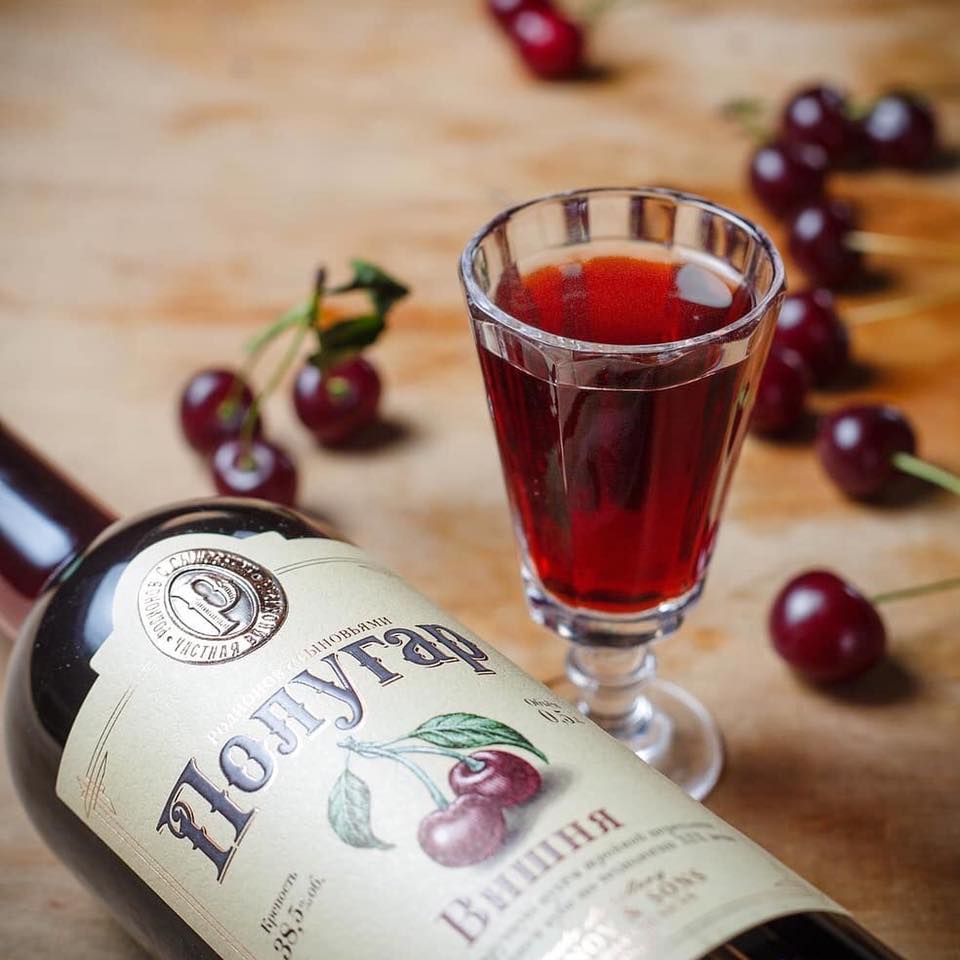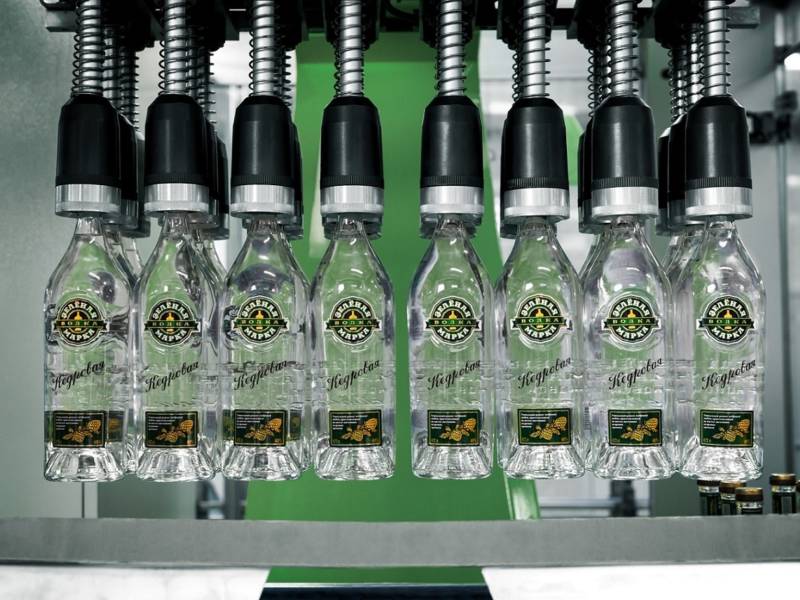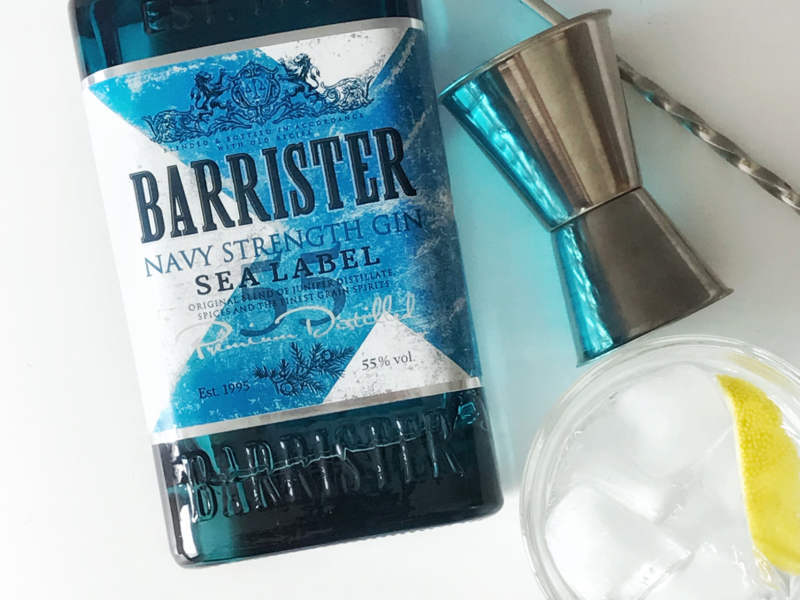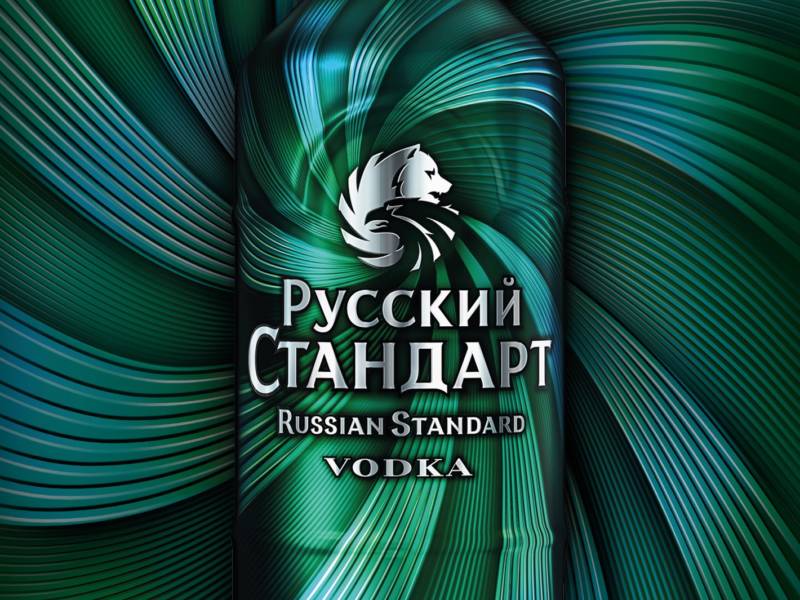Recently Monocle has presented the on-line radio program about polugar – Russian spirit forgotten for generations, now we making comeback. The topic is so curious, that we couldn’t just pass by. Here is the story by Elena Nikulicheva, specially for Monocle in Saint-Petersburg, published in writing for DCW Magazine.

Polugar successful comeback
Discover the true Russian national spirit and it’s not vodka as one might think. It is called polugar – a grain-distilled booze with a smooth taste. The drink dominated the Russian alcohol market up until the 19th century when the Tsar established a monopoly on spirits and the recipe was lost. After being forgotten for five generations, polugar is back, released by the Rodionov family – two sons and a father. They managed to recreate the original taste and now opened a mono-spirit bar in Saint-Petersburg.
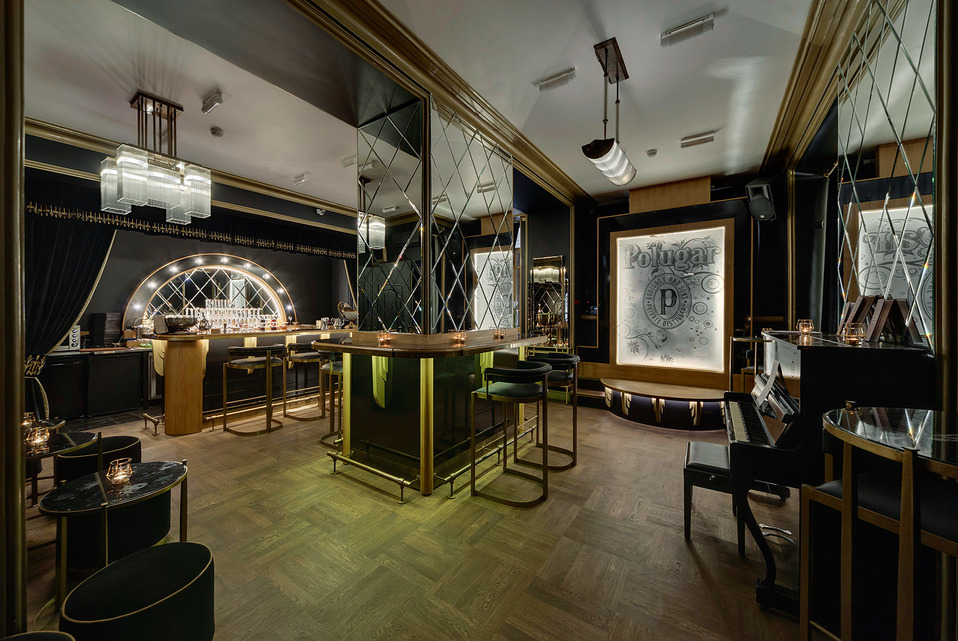
Polugar Bar, Saint-Petersburg (restoclub.ru)
Pleasantly mild and with the unique character of grains – polugar is nothing like the vodka we know now. Its taste is defined by a cereal it is made of. The rye polugar is almost like liquid bread, while the wheat polugar has a soft natural sweetness. The new history of the oldest Russian spirit started about 20 years ago when a retired scientist Boris Rodionov decided to make some vodka at home. But it didn’t go well as his son Alexey recalls:
“He decided to make vodka at home just to do something with his own hands. He likes cooking, he stuffed his sausages and wanted to make vodka. And he couldn’t because vodka has to be made from ethanol, to make ethanol you need rectification column – that’s a three level building huge installation. He started digging that. He is a scientist all his life so he got fascinated by the fact vodka is not our national spirit. And that was when it’s all started.”
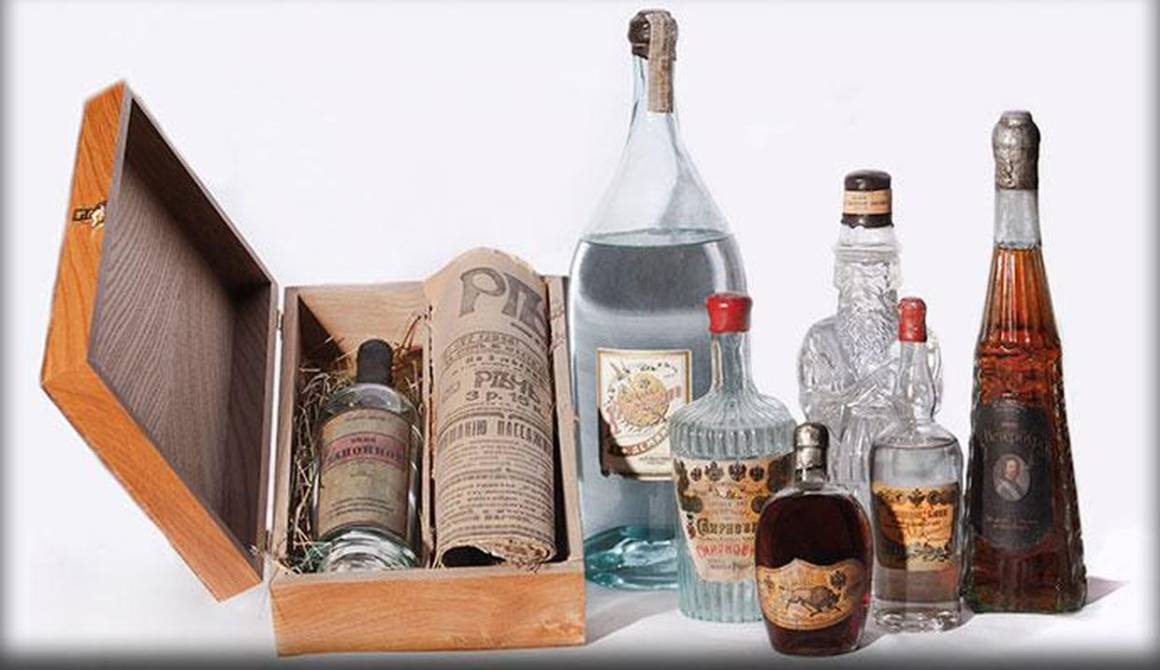
Old vodkas and bread wine (lagrandecave.ru)
Vodka
The modern vodka has to be made of 96% ethanol. Which was not possible to do back in the 18th century as the technology was only invented by the French in 1867. Instead Russian noblemen used copper pot stills to distill grains. Rather than aging the spirit in oak barrels like single malt whisky they added egg whites to preserve the taste of the raw ingredients. After the Tzar Alexander III introduced a state monopoly, declaring all non-vodka spirits illegal in 1884, polugar was banned and its recipe was thought to be forever forgotten. Reviving it involved a lot of trial and error.
“When my father started, he was so confused because you read: ok, take the grains, do that, do that and then distill as usual. And he was like: usual for you guys, but – 300 years ago! That’s what the difficult part. Or add an egg white – how much? It was all test, test. Probably more than a year my father was playing, and then he came to us and said: “Try that!”. And it was really delicious. From the moment we tried it, there was a huge work of research and then practice.”
And they succeeded. Boris became a well-known vodka historian and publisher, while Alexey and his brother Ilya quitted the textile business to dedicate themselves to polugar. At their distillery in Poland they produce about 150 000 bottles a year and sell them not only in Russia, but in the UK, the U.S., Germany and France. The Rodionovs have recreated about 20 different original tastes, including rye, buckwheat, honey and allspice, pepper, wheat and cucumber.
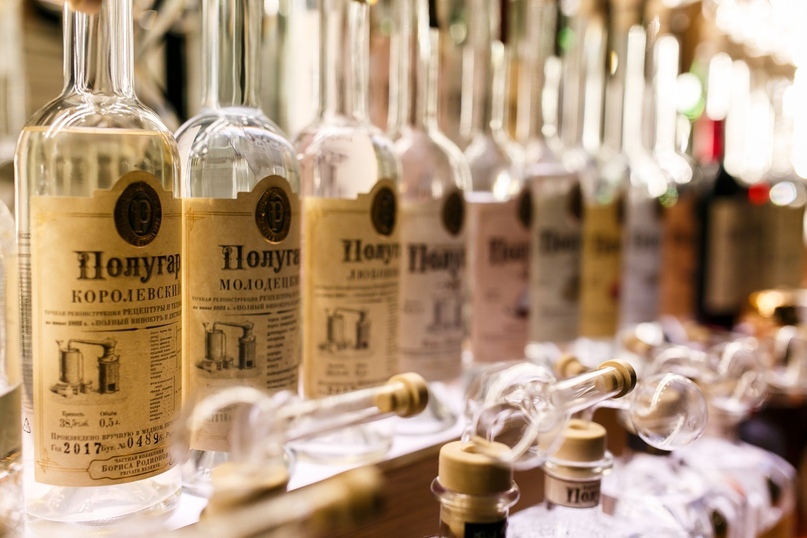
Modern bread wine and tinctures. Polugar
Polugar bar in Saint-Petersburg
They’ve recently opened a bar in Saint-Petersburg where they serve polugar and its infusions. There, one doesn’t simply order a drink – it has to be a word. Which would be served as a set of shots with each letter having its own taste. And that is yet another almost forgotten Russian tradition they brought back to life.
“In the noble families it was a very good manner to have in your cellar, or your collection of spirits, spirits starting from A to Z. The full alphabet you should be covering from A to Z, so A for apple, B for blackberry and so on. Imagine you’re a noble guy who is distilling all these drinks, having all the alphabet in your cellar. And when a guest comes and asks if he could drink cherry, I say: “No, you can’t drink cherry, you have to drink a word!”
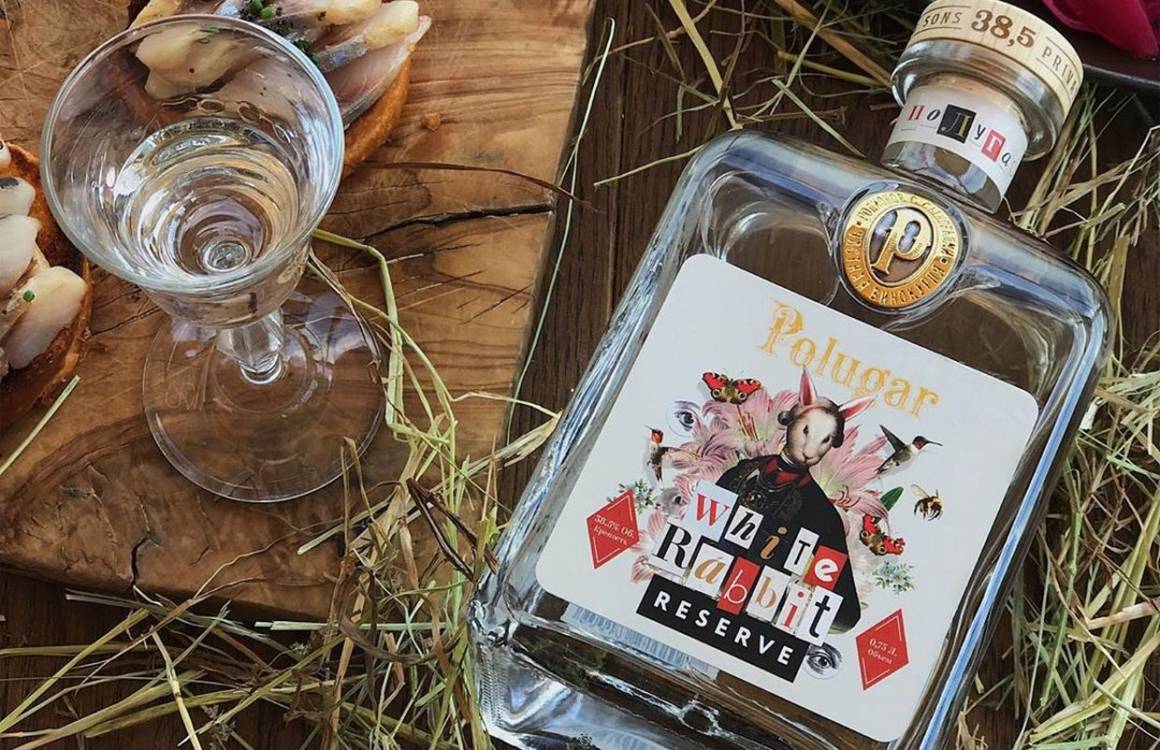
White Rabbit Reserve Polugar
To play a word game the Rodionovs made 50 different infusions to cover the letters of both Russian and Latin alphabets. One can drink Friday, love or hope. Even your own name, or as the Russians do it – a name and a patronymic – which could be up to 20 letters in total.
“For example, if you’re working in a company named Apple, you can drink A-P-P-L-E. So that’s a lot of fun.”

Lithograph “Russian Vodka room”, antique shop “Russian Seasons”
Part of elite spirit market
Though Rodionov and Sons were the first to rediscover polugar, they are now not the only one to produce it. They have about 10 competitors, which makes Alexey both happy and upset at the same time. Polugar may still be a bit expensive for the Russian market but according to Margo Bor, the founder of online DCW magazine, it still has a good chance to regain its popularity:
People in Russia nowadays are more about drinking vodka cause it’s cheap and well-known. So polugar has a chance to be a part of elite spirit market. And it’s already been represented in really good bars and restaurants all round the country. It will take time, but I’m sure it has a bright future.
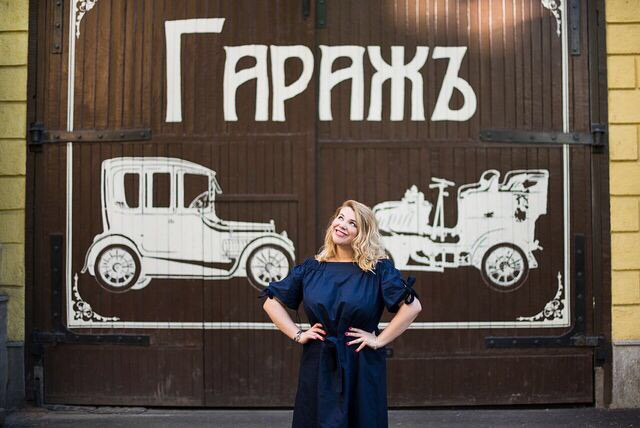
Margo Bor, Editor-in-Chief DCW Magazine
However for Alexey and his family it’s not only about business – it’s about preserving the centuries-old tradition. And seeing someone order polugar over vodka means much more to them than another sale.
For Monocle in Saint Petersburg, Elena Nikulicheva
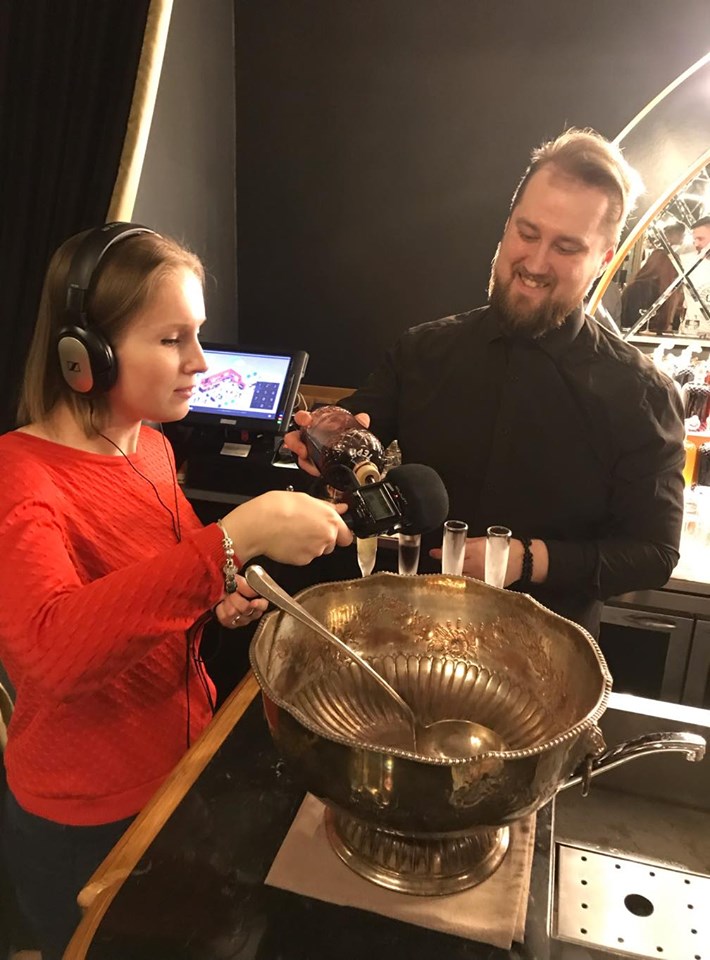
Elena Nikulicheva at Polugar Bar, Saint-Petersburg (courtesy of Elena)
Photos are courtesy of Polugar, if not mentioned otherwise
